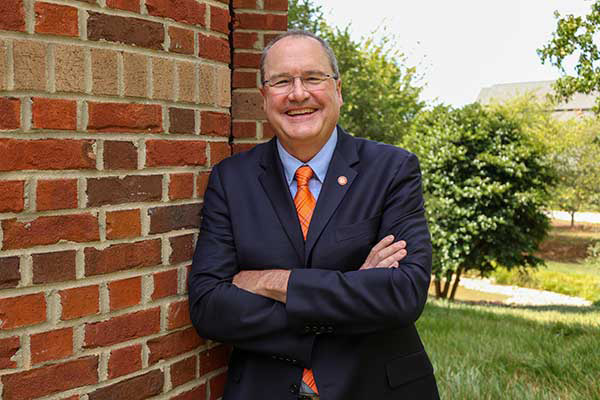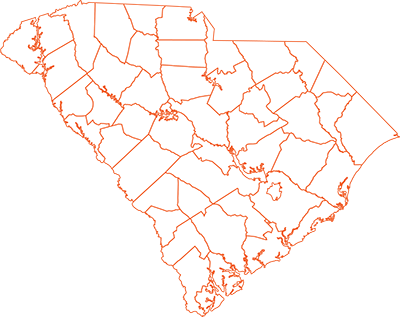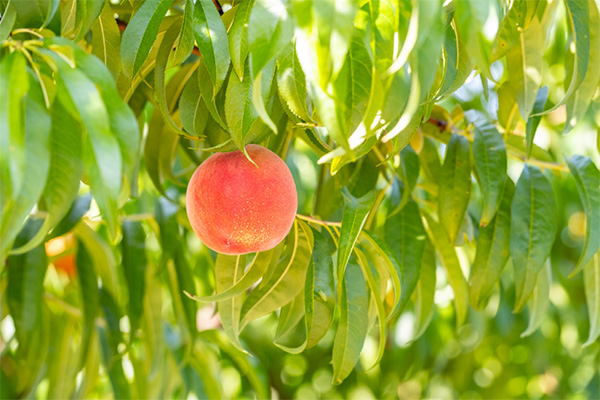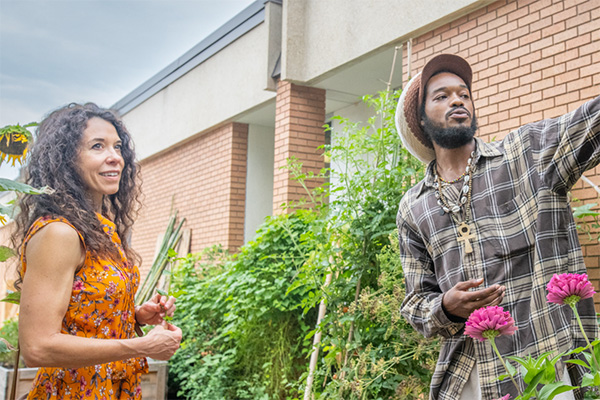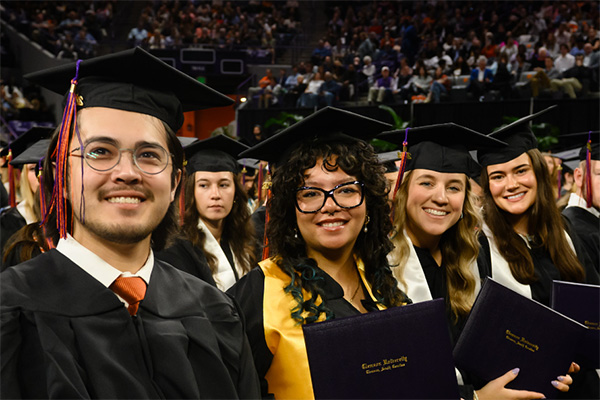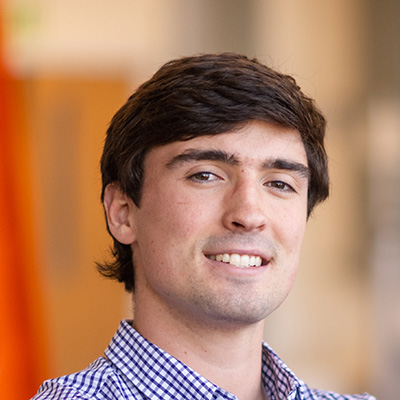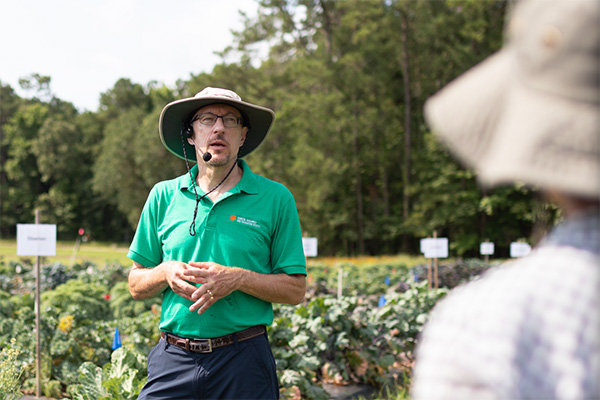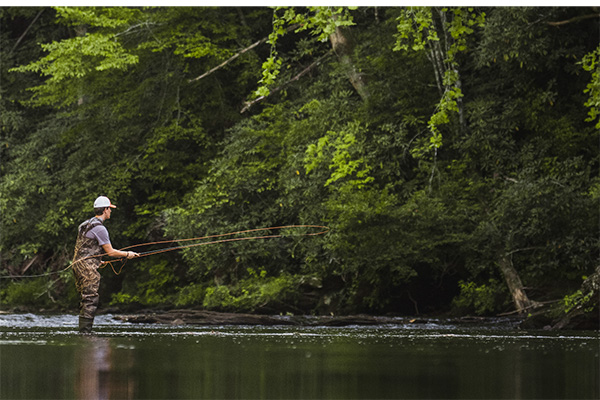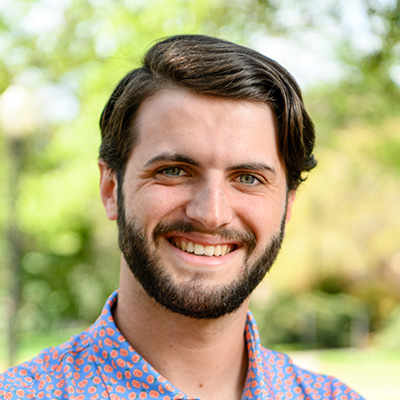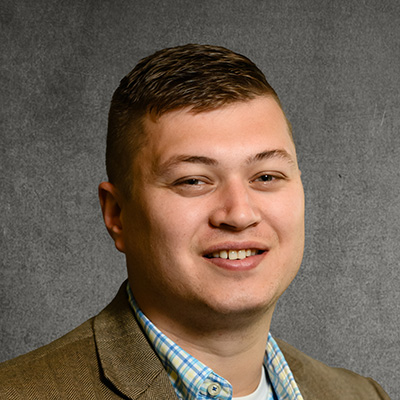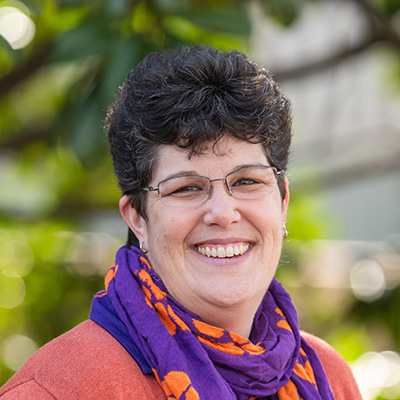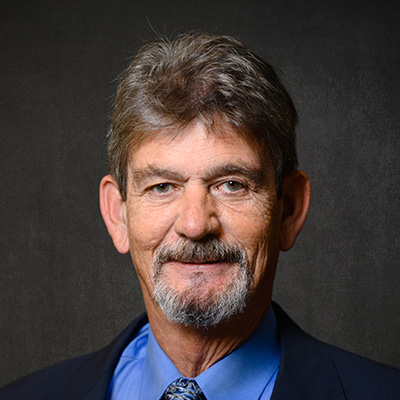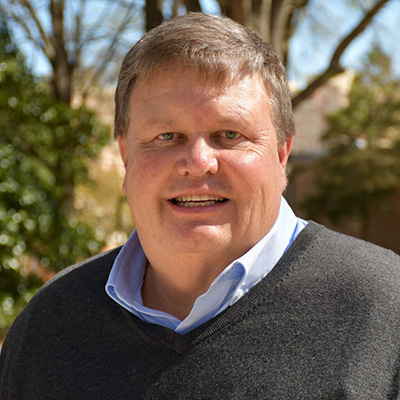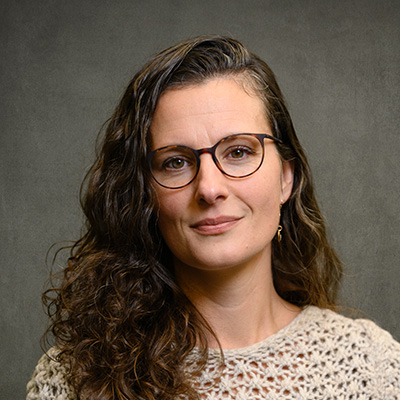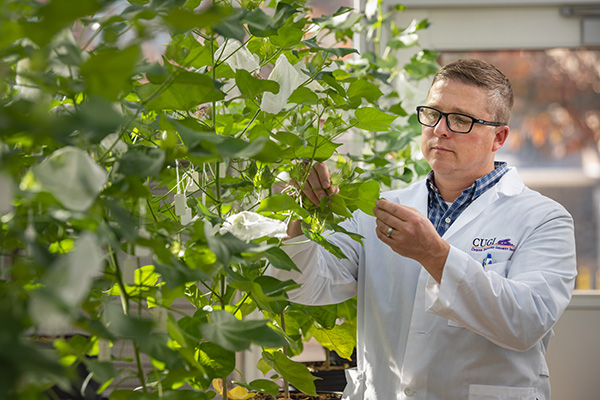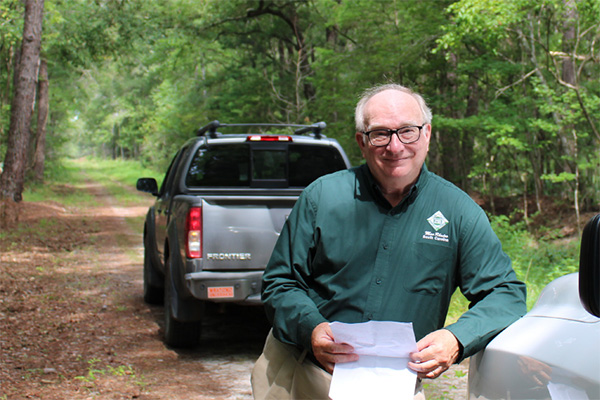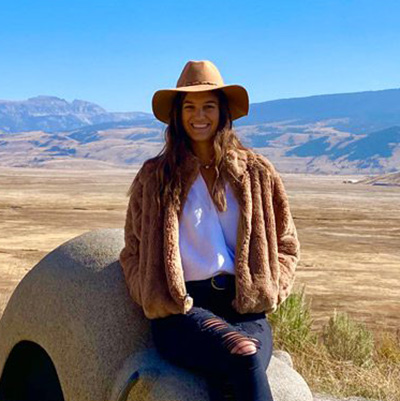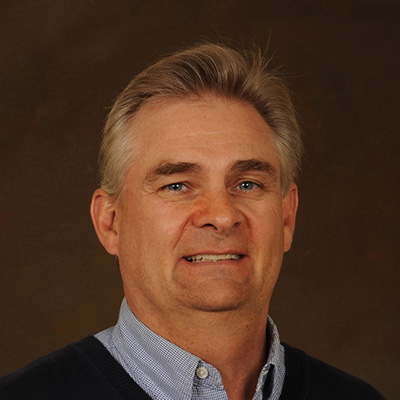For generations, Clemson has been a trusted ally to South Carolinians. Our dedication to delivering excellence in education, research and outreach solidifies the bonds we share with farmers, industry leaders, policymakers and families. By providing impactful solutions and innovative insights, we honor the confidence placed in us, ensuring that we remain a reliable partner in shaping a brighter tomorrow.
Simplifying the Switch to Organic
Clemson University helps South Carolina farmers navigate the transition to organic certification
Clemson University’s Department of Plant Industry plays a pivotal role in supporting South Carolina farmers as they explore the transition to organic farming. Through a five-year cooperative agreement with the USDA’s Agricultural Marketing Service Transition to Organic Partnership Program, Clemson offers workshops, mock inspections and personalized guidance to help farmers navigate the often-challenging certification process. These efforts provide practical solutions that make the shift to organic practices more approachable and achievable.
The Organic Certification Program simplifies a complex system, giving farmers the tools and insights needed to comply with organic standards. By addressing concerns about feasibility and compliance, DPI helps farmers feel confident in their ability to succeed in a new and growing market. This hands-on approach ensures that farmers are supported every step of the way, from initial education to the final stages of certification.
These programs reflect CAFLS’ commitment to empowering South Carolina’s agricultural community to innovate and adapt. By fostering sustainable practices and providing actionable resources, CAFLS strengthens its partnership with farmers, helping them thrive in a changing agricultural landscape while continuing to support the state’s rich farming tradition.
Cooking Up Change
Ivy Prince’s "Cooking Capable" empowers differently-abled youth
Clemson University’s 4-H program empowers youth across South Carolina to change their communities and their worlds, one 4-H project at a time. A shining example is Ivy Prince, a 17-year-old 4-H member who developed the “Cooking Capable” series. This initiative teaches differently-abled youth to prepare simple, nutritious meals, fostering independence and confidence while addressing a critical community need. Ivy’s program, inspired by her siblings’ disabilities, exemplifies how 4-H nurtures innovative ideas and transforms them into meaningful action.
Supported by Clemson Cooperative Extension, Ivy secured funding and expanded Cooking Capable’s reach, even engaging state officials to amplify its impact. This program is a testament to how 4-H encourages young people to address local challenges with creativity and determination, equipping them with the skills to become change-makers. Through hands- on experiences and leadership opportunities, Clemson’s 4-H programming consistently prepares youth to make a difference in their own communities.
Stories like Ivy’s are mirrored across South Carolina, where 4-H members are initiating programs, engaging with lawmakers, and tackling issues that matter to their communities. By fostering leadership, civic engagement and a spirit of service, Clemson’s 4-H programs help shape the next generation of leaders dedicated to building a better future.
Steady in the Storm
How CAFLS supports South Carolina’s agriculture and communities in times of crises
When you hear "emergency response," you might think of first responders like firefighters or paramedics. What might not come to mind is Clemson University’s College of Agriculture, Forestry and Life Sciences. Yet, through the work of three indispensable units— Livestock-Poultry Health, Regulatory Services and Cooperative Extension—CAFLS helps safeguard the state’s agriculture, animals and natural resources by coordinating with other state agencies during times of emergency.
Emergency response isn’t just about reacting when disaster strikes—it’s a year-round task, and our units work tirelessly to ensure South Carolina’s agricultural systems are prepared for the unexpected.
Kathryn MacDonald of LPH leads Emergency Support Function 17, which focuses on protecting the state’s agriculture and animal industries. Throughout the year, MacDonald coordinates with local, state and federal agencies, collaborates with private industry stakeholders, develops mitigation strategies and response plans, conducts drills and exercises and refines all-hazard preparedness and response standards to better prepare South Carolina for emergencies.
Regulatory Services mitigates risks to crops by managing pesticides, invasive species, plant pests and diseases, as well as water analysis—critical to preserving agricultural resources during and after disasters. Meanwhile, Cooperative Extension agents are the “boots on the ground” educating farmers and communities about preparedness, building resilience and preparing communities to respond effectively to emergencies. Immediately after emergencies, Extension agents work within communities to identify impacts on farmers, connect those individuals to available resources and coordinate activities with the State Emergency Operations Center.
In 2024, these year-round efforts were put to the test. Tropical Storms Debby and Helene caused widespread flooding and infrastructure damage, threatening the state’s agriculture and impacting the economy. The three CAFLS units worked together to seamlessly respond to the impact of these storms.
Innovative Peach Varieties
Reshaping resilience in the orchard
Ksenija Gasic is at the forefront of peach research, working to develop varieties that not only thrive in South Carolina’s unique growing conditions but also address the specific challenges growers face. Her research combines traditional breeding techniques with advanced genetic tools to create peaches that are more resilient, flavorful and marketable. Through years of dedication, Gasic and her team have patented several new peach varieties. These varieties are specifically bred to extend South Carolina’s peach growing season, resist common diseases, withstand environmental stresses and produce high-quality fruit that meets the demands of both growers and consumers. Each new variety represents a step forward in safeguarding the state’s peach orchards against an unpredictable future.
Wheat Without Worry
Growing gluten sensitivity solutions
Gluten sensitivity and celiac disease impact millions worldwide, causing dietary restrictions and health challenges. Our researchers are striving to create wheat varieties that are safer for individuals with gluten-related conditions, helping im- prove their quality of life while maintaining wheat’s nutritional and agricultural value. Led by molecular breeder Sachin Rustgi at the Pee Dee Research and Education Center, a team is developing wheat variet- ies with reduced immunogenic gluten pro- teins using innovative genetic techniques. This research employs multi-gene editing and nanoparticle-based gene delivery to target gliadin and glutenin proteins, the primary causes of adverse reactions. Researchers are also fortifying wheat with lysine, an essential amino acid, to enhance its nutritional profile. This work has the potential to revo- lutionize global food systems, offering safer and more nutritious wheat options for consumers. Additionally, the project incorporates public outreach, high school STEM internships, and consumer opinion studies to advance societal acceptance of genome-edited crops.
Blueprint for Success
Clemson Extension and Spinx innovating food safety and growth
n 2024, the Spinx Company, a long- standing South Carolina business with 80 locations and over 1,400 employees, turned to Clemson Cooperative Extension for expert guidance on a pivotal project: designing a state-of-the-art food processing facility in Charleston. This facility would not only supply ready- to-eat meals to 25 Lowcountry stores but also serve as a prototype for future operations across the Southeast. Recognizing the multifaceted challenges of facility design, food safety, and regulatory compliance, Clemson Extension assembled a multidisciplinary team of experts, including Julie Northcutt, Scott Whiteside, Paul Dawson, Chad Carter and Daniel McKamy. Together, they have collaborated with Spinx to refine layouts, address food safety considerations and tackle operational challenges. This partnership exemplifies the confidence South Carolina industries place in Clemson’s expertise. For Spinx, it’s more than a project; it’s a blueprint for growth, food safety and economic impact that extends well beyond Charleston.
Tackling Player Safety
Clemson University CHIP Lab pioneers new methods to enhance player protection and reduce head injury risks
Clemson University's research into helmet safety highlights the increasing importance of player safety, particularly in light of growing concerns about concussions and their long-term effects on brain health. The Clemson Headgear Impact Performance Lab, led by professors John DesJardins and Greg Batt, has pioneered a method to evaluate the performance of helmet faceguards, a critical but often overlooked component of player protection. Their work ensures that faceguards maintain structural integrity during high-impact scenarios, addressing a key aspect of reducing injury risks in contact sports.
The CHIP Lab’s patented testing technique focuses on the connection between faceguards and helmets, a critical interface that can affect the overall safety of the equip- ment. By using precision tools to measure the durability of faceguards without causing damage, Clemson research- ers are uncovering vulnerabilities that could compromise protection during play. This emphasis on rigorous testing reflects the heightened awareness of how head impacts influence long-term cognitive and neurological health, underscoring the need for advancements in sports safety equipment.
With concussion awareness now at the forefront of sports health discussions, Clemson’s research contributes to broader efforts to protect athletes from the cumulative effects of head trauma. Improving helmet and faceguard design aligns with a growing movement to prioritize player well-being on and off the field. The lab’s focus on enhancing the safety standards of sports equipment demonstrates a commitment to reducing the risk of head injuries and their potentially life-altering consequences.

